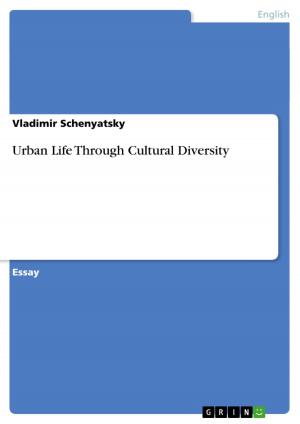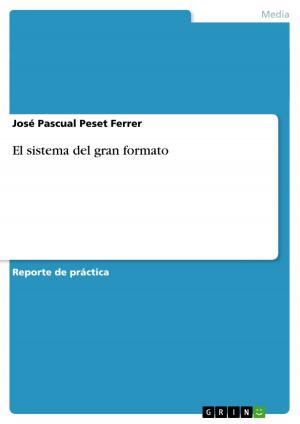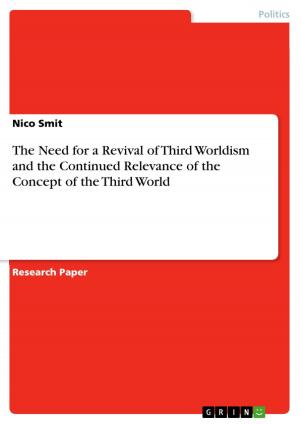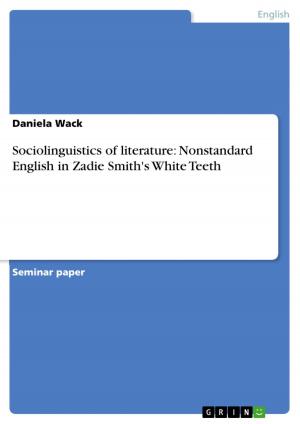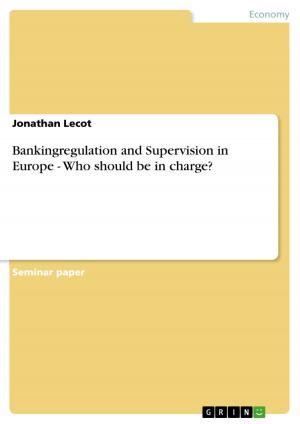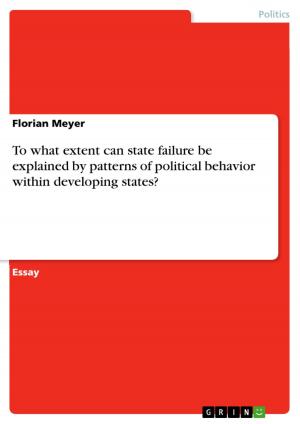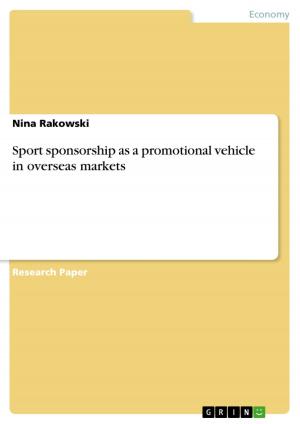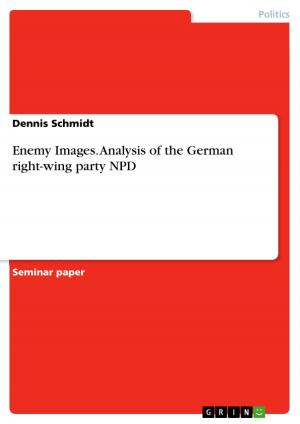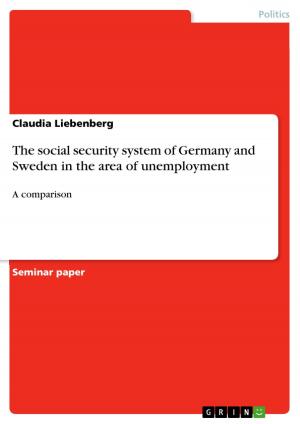| Author: | Gordon Wagner | ISBN: | 9783640911479 |
| Publisher: | GRIN Publishing | Publication: | May 9, 2011 |
| Imprint: | GRIN Publishing | Language: | English |
| Author: | Gordon Wagner |
| ISBN: | 9783640911479 |
| Publisher: | GRIN Publishing |
| Publication: | May 9, 2011 |
| Imprint: | GRIN Publishing |
| Language: | English |
Seminar paper from the year 2011 in the subject Sociology - Individual, Groups, Society, grade: 1,0, European University Viadrina Frankfurt (Oder), course: Language and Identity, language: English, abstract: A typical native German is likely bound to grow up using her/his mother tongue which is inevitably about to frame her/his identity as a German as it probably is the case with a native U.S.-American having English as her/his mother tongue. So what about a common European identity? Can there possibly be one - and if so, how would it look like? If language plays such an important role in forming one's identity - which we will assume for now - how come there are people born in Europe who rather consider themselves European than (e.g.) German, French, Finnish or Slovakian, etc.? Furthermore, is there a so-called lingua franca existing in Europe - and what would it be? Also, would this lingua franca be necessary to further impel European integration, if not even help to unite the European countries and possibly create a European identity?
Seminar paper from the year 2011 in the subject Sociology - Individual, Groups, Society, grade: 1,0, European University Viadrina Frankfurt (Oder), course: Language and Identity, language: English, abstract: A typical native German is likely bound to grow up using her/his mother tongue which is inevitably about to frame her/his identity as a German as it probably is the case with a native U.S.-American having English as her/his mother tongue. So what about a common European identity? Can there possibly be one - and if so, how would it look like? If language plays such an important role in forming one's identity - which we will assume for now - how come there are people born in Europe who rather consider themselves European than (e.g.) German, French, Finnish or Slovakian, etc.? Furthermore, is there a so-called lingua franca existing in Europe - and what would it be? Also, would this lingua franca be necessary to further impel European integration, if not even help to unite the European countries and possibly create a European identity?


